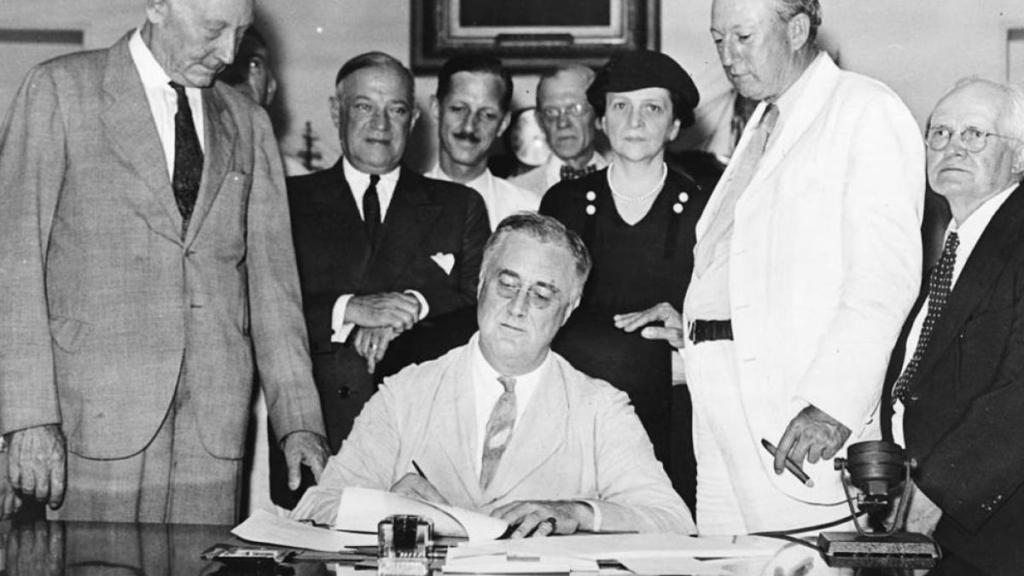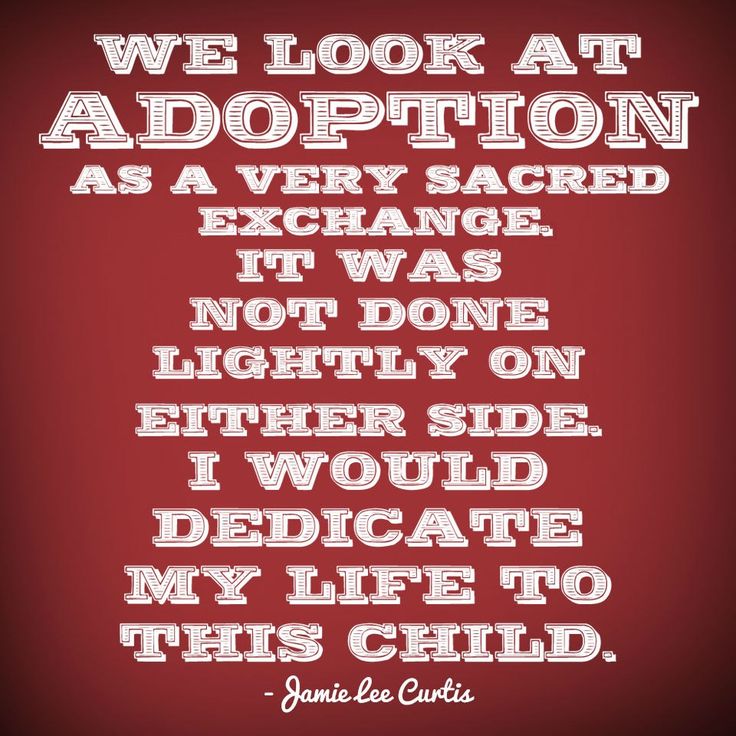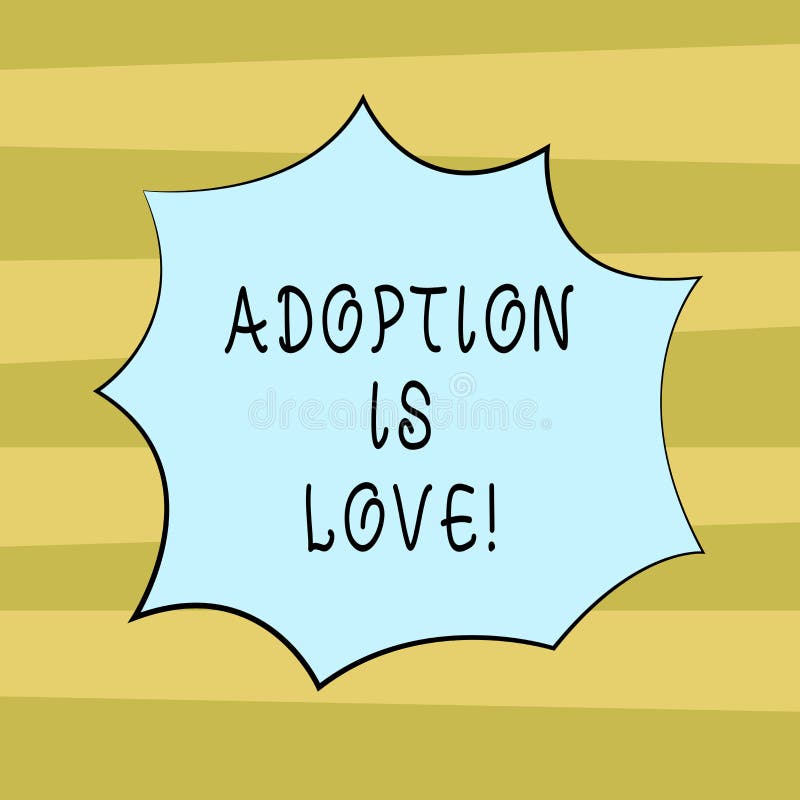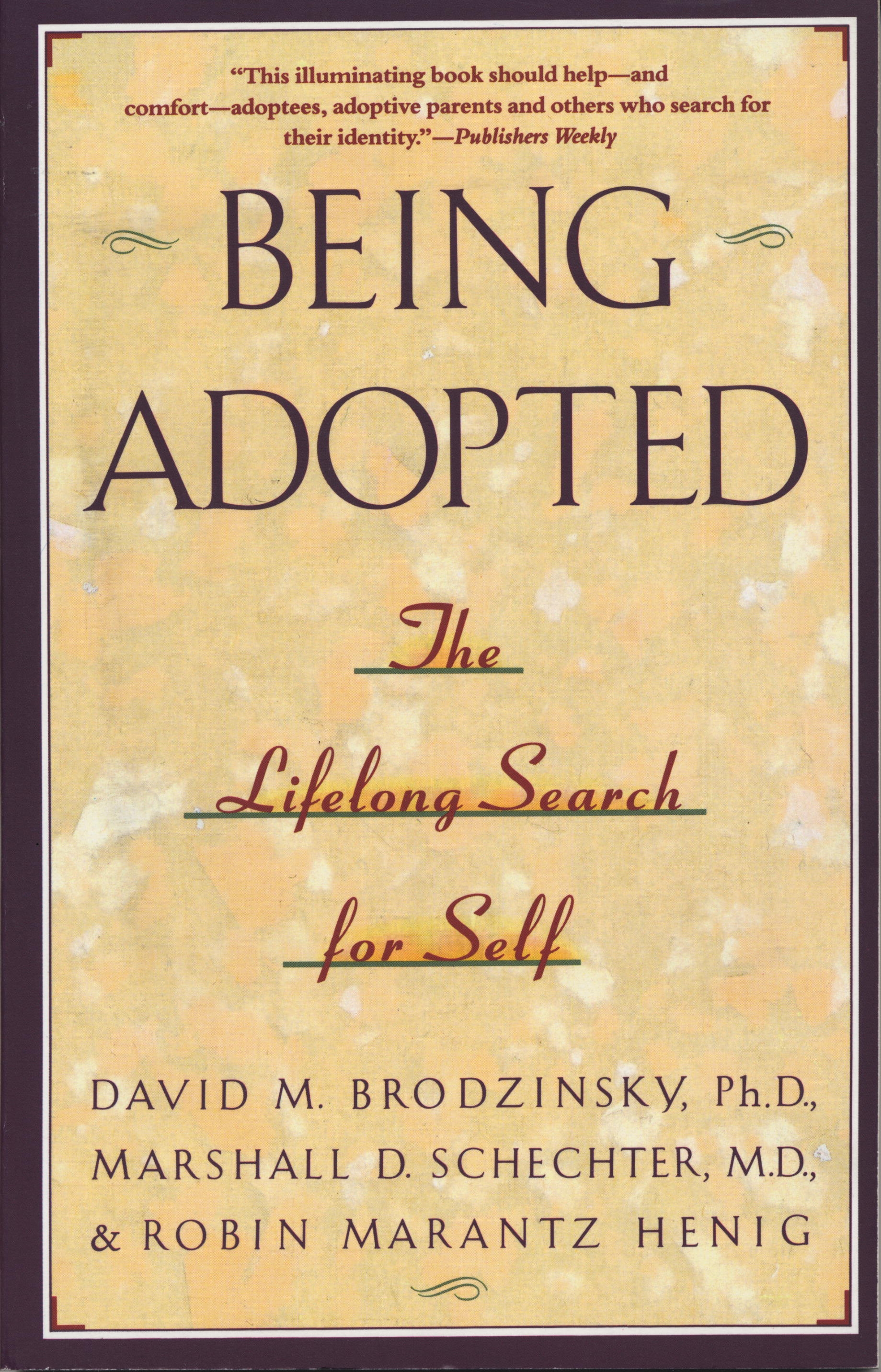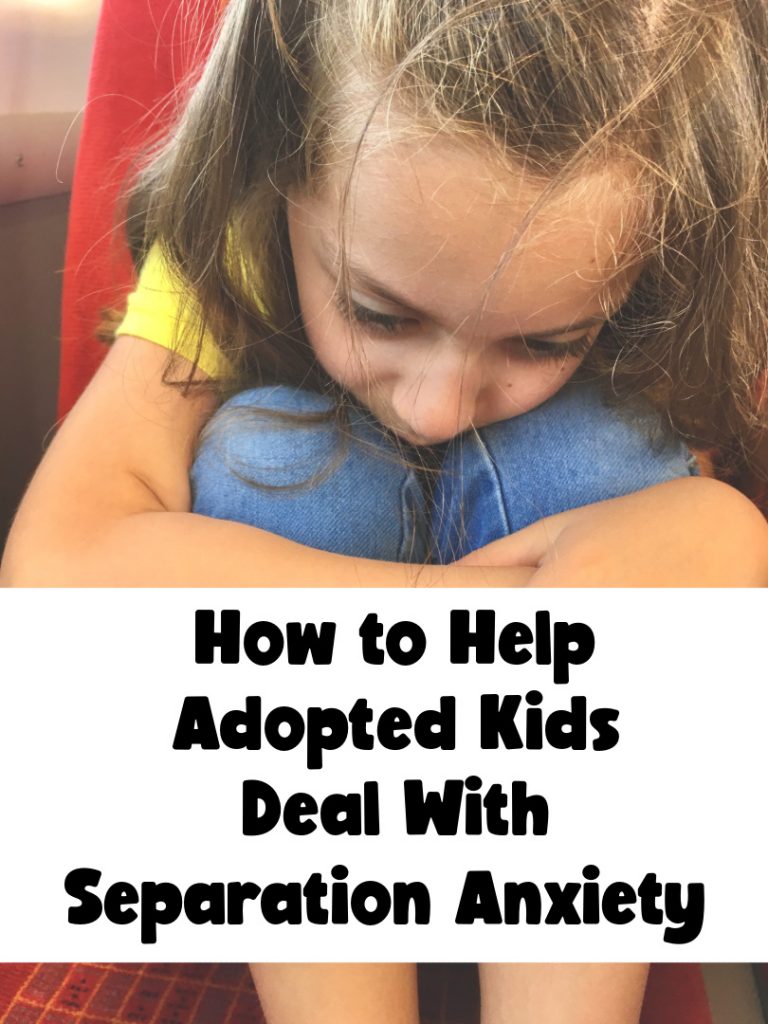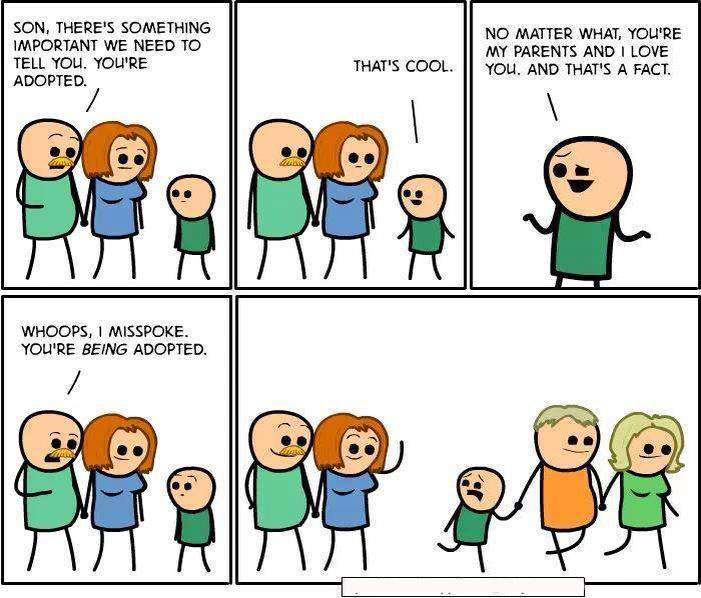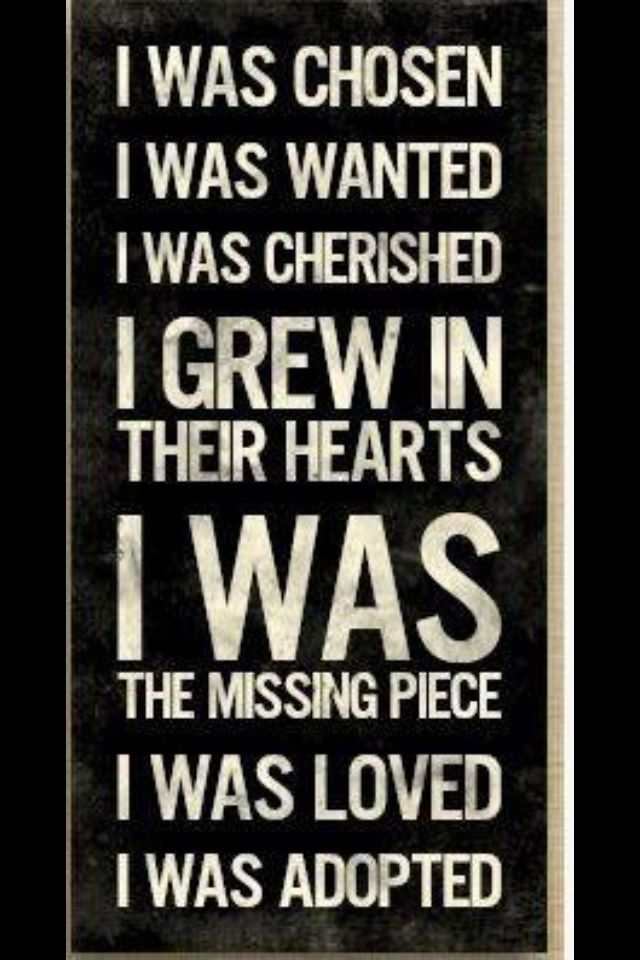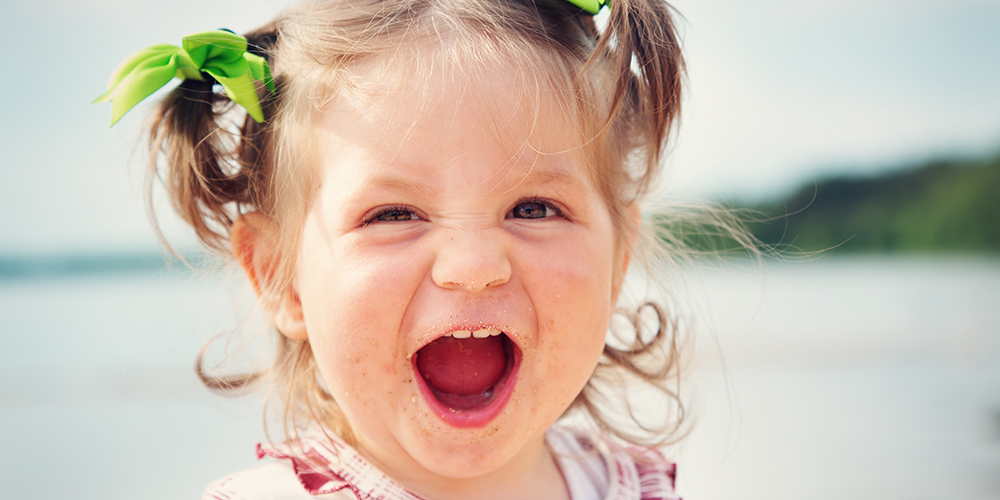Stunning Tips About How To Deal With Being Adopted
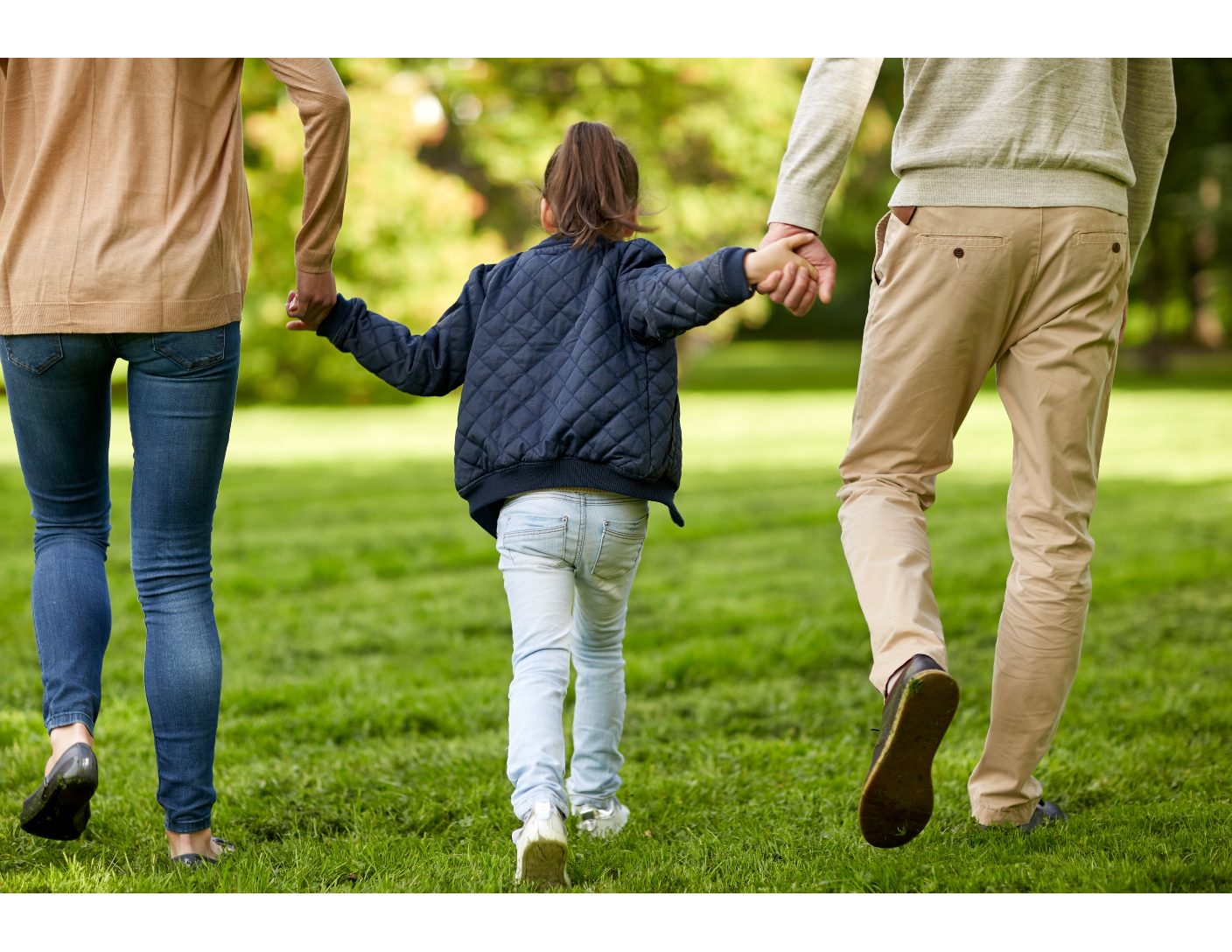
The first step is to recognize and confront your own misconceptions about adoption.
How to deal with being adopted. In april 2021, the european commission proposed the first eu regulatory framework for ai. It says that ai systems that can be used in different applications are. Attachment and adoption.
Here are four ways to help you cope with being adopted: Of course, what it feels like to be adopted differs for every adoptee. Even those in open adoptions can deal with feelings of grief and loss as they mourn the life they could have.
These concerns affect them emotionally and must be addressed to begin healing. There are seven core issues that follow adopted children into adulthood. In short, being adopted is a heterogenous life experience, with some children more likely than others to encounter early adversity and trauma, and/or have more.
Adoption trauma refers to the negative effects that can occur as part of the adoption process. Possible psychological effects of adoption on the child may include: 9 keys to help your adoptive child with behavioral issues.
Early on, we realised that understanding how to build an attachment with your child is a huge part of the adoption process. It is about more than keeping an open mind (although, that is always helpful). Focusing on the whole of the child’s life and needs, rather than assuming adoption is behind every negative behavior, is the best way to address challenges and promote.
Adoption is the process by which an adult legally and permanently takes over parental responsibility for a child and, at the same time, the rights and responsibilities of the child’s biological. This can include the effects of early separation from. Reviewed by psychology today staff.
It is very common for those who were adopted to feel rejected and abandoned by their birth parents. There is no set time or. One of the most important aspects of coping with adoption is open communication.
There are also many steps adoptive families can take to prepare themselves and their children for the challenges of transracial adoption and to support their child as they. This is accompanied by feelings of grief and loss. For most adoptees, being adopted is just one piece of a multifaceted identity—and like other identity markers such.
For most adoptees, being adopted is just one piece of a multifaceted identity—and like other identity markers such as race, gender, sexual orientation, or personality, it’s often.
